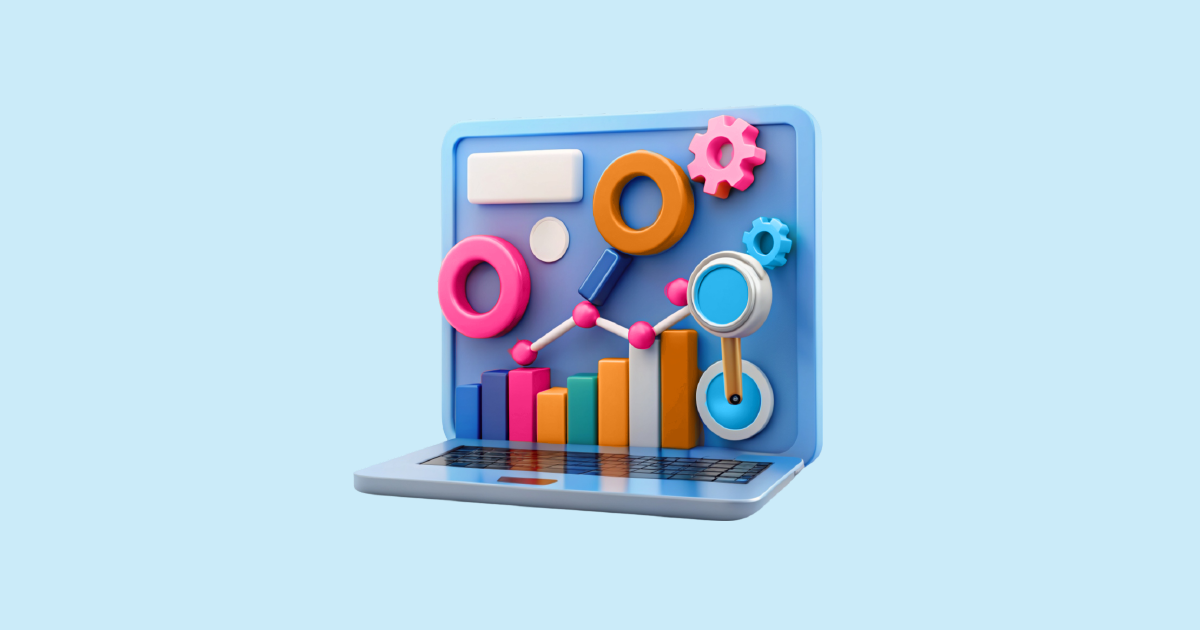In today’s digital age, social media data has become a valuable asset for individuals and businesses alike. The wealth of information generated on platforms such as Facebook, Twitter, and Instagram provides a unique opportunity to understand trends, consumer behavior, and market dynamics. Let’s delve into the social media data meaning and explore how businesses can harness its power.
Social Media Data Meaning

Social media data meaning encompasses various types, including user-generated content, engagement metrics, and demographic information. User-generated content, such as posts, comments, and reviews, reflects the authentic voice of customers. Engagement metrics, like likes, shares, and comments, measure the audience’s response to content. Demographic data offers insights into the age, location, and interests of social media users.
Significance for Businesses
For businesses, tapping into social media data opens doors to targeted marketing, valuable customer insights, and competitive analysis. By understanding the preferences and behaviors of their target audience, businesses can tailor their marketing strategies for maximum impact. Social media data also allows for a deeper understanding of competitors, identifying strengths and weaknesses in the market.
Challenges in Analyzing Social Media Data
While social media data holds immense potential, analyzing it comes with challenges. Data privacy concerns, information overload, and ensuring the accuracy of the data are common hurdles. Striking a balance between utilizing data for insights and respecting user privacy is crucial for ethical and effective data analysis.
Social Media Data Analysis Tools
To overcome these challenges, businesses employ various tools and technologies. Social media analytics platforms help in tracking performance metrics, while data visualization tools make complex data more understandable. Machine learning algorithms enhance predictive analysis and enable businesses to stay ahead of trends.
Effective Strategies for Social Media Data Utilization
Real-time monitoring, sentiment analysis, and influencer marketing are effective strategies for utilizing social media data. Real-time monitoring enables businesses to respond promptly to trends and issues. Sentiment analysis gauges public opinion, helping businesses tailor their messaging. Collaborating with influencers who align with the brand can amplify reach and engagement.
Social Media Data and SEO
The relationship between social media data and SEO is symbiotic. Social media signals can impact search engine rankings, making a strong social media presence essential for improved visibility. Additionally, mining keywords from social media insights can inform content creation and enhance overall SEO strategies.
Future Trends
Looking ahead, the future of social media data analysis involves the integration of artificial intelligence for more accurate predictions and personalized experiences. Enhanced data security measures will address growing concerns about privacy. As social media platforms evolve, businesses must stay abreast of the latest trends to maintain a competitive edge.
Conclusion
In conclusion, social media data meaning is not just a collection of numbers; it’s a treasure trove of insights waiting to be explored. Businesses that effectively harness social media data gain a competitive advantage, better understand their audience, and make informed decisions. As we navigate the dynamic landscape of digital marketing, the significance of social media data only continues to grow.
Ready to unlock the full potential of your social media data? Request a demo from AIM Technologies and take the first step towards data-driven success.
FAQs
How often should businesses analyze their social media data?
- Regular analysis is crucial; ideally, businesses should review social media data weekly to stay current with trends and audience sentiments.
Can small businesses benefit from social media data analysis?
- Absolutely! Social media data analysis is scalable and can be adapted to suit the needs and resources of small businesses.
What are the ethical considerations in using social media data?
- Ethical considerations include obtaining user consent, ensuring data privacy, and being transparent about how the data will be used.
Are there free tools available for social media data analysis?
- Yes, several free and freemium tools exist, providing basic analytics for businesses with budget constraints.
How can businesses mitigate the risk of data inaccuracies in social media analytics?
- Employing reliable analytics tools, cross-referencing data from multiple sources, and regularly updating data quality standards can help mitigate inaccuracies.




